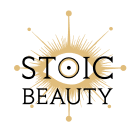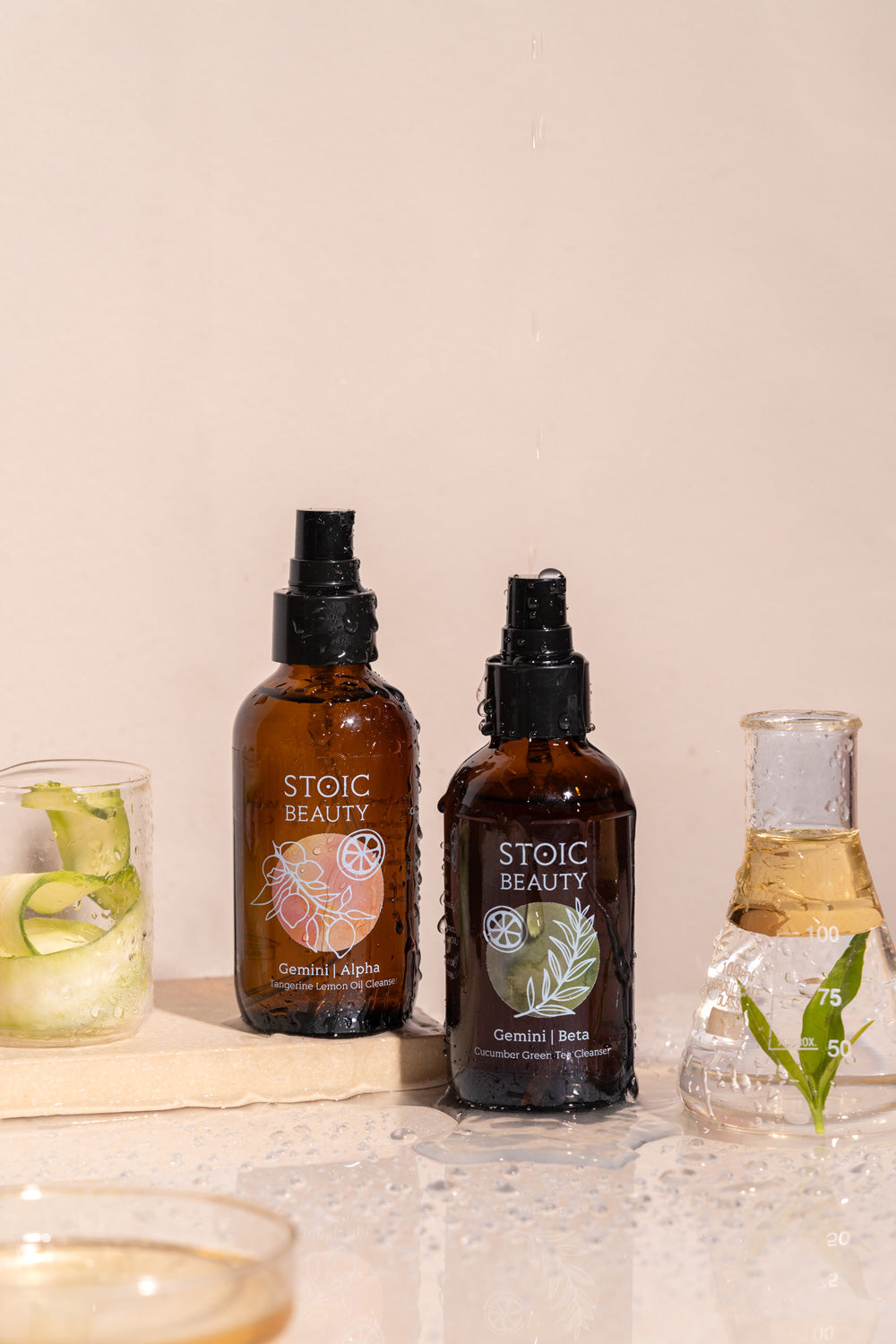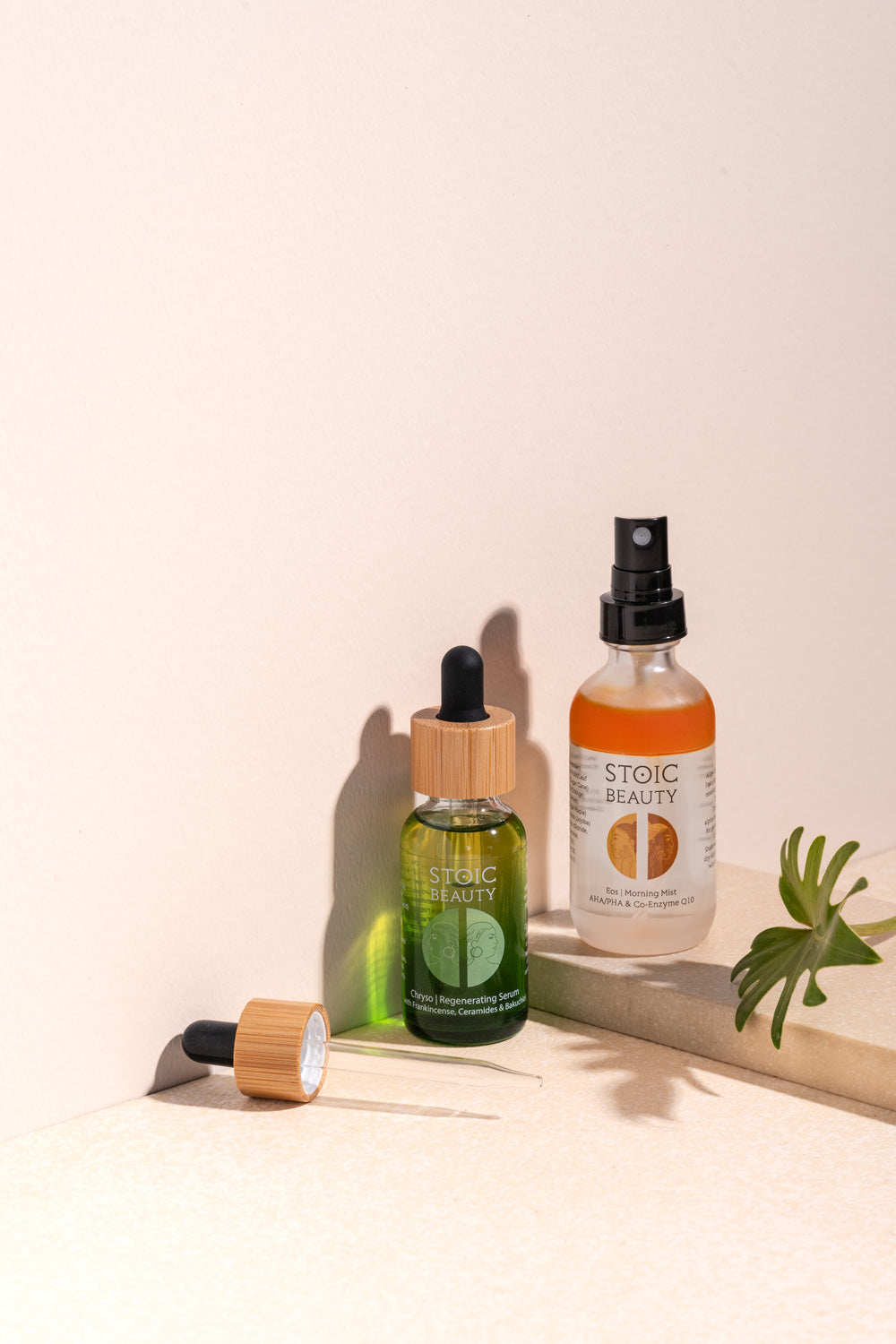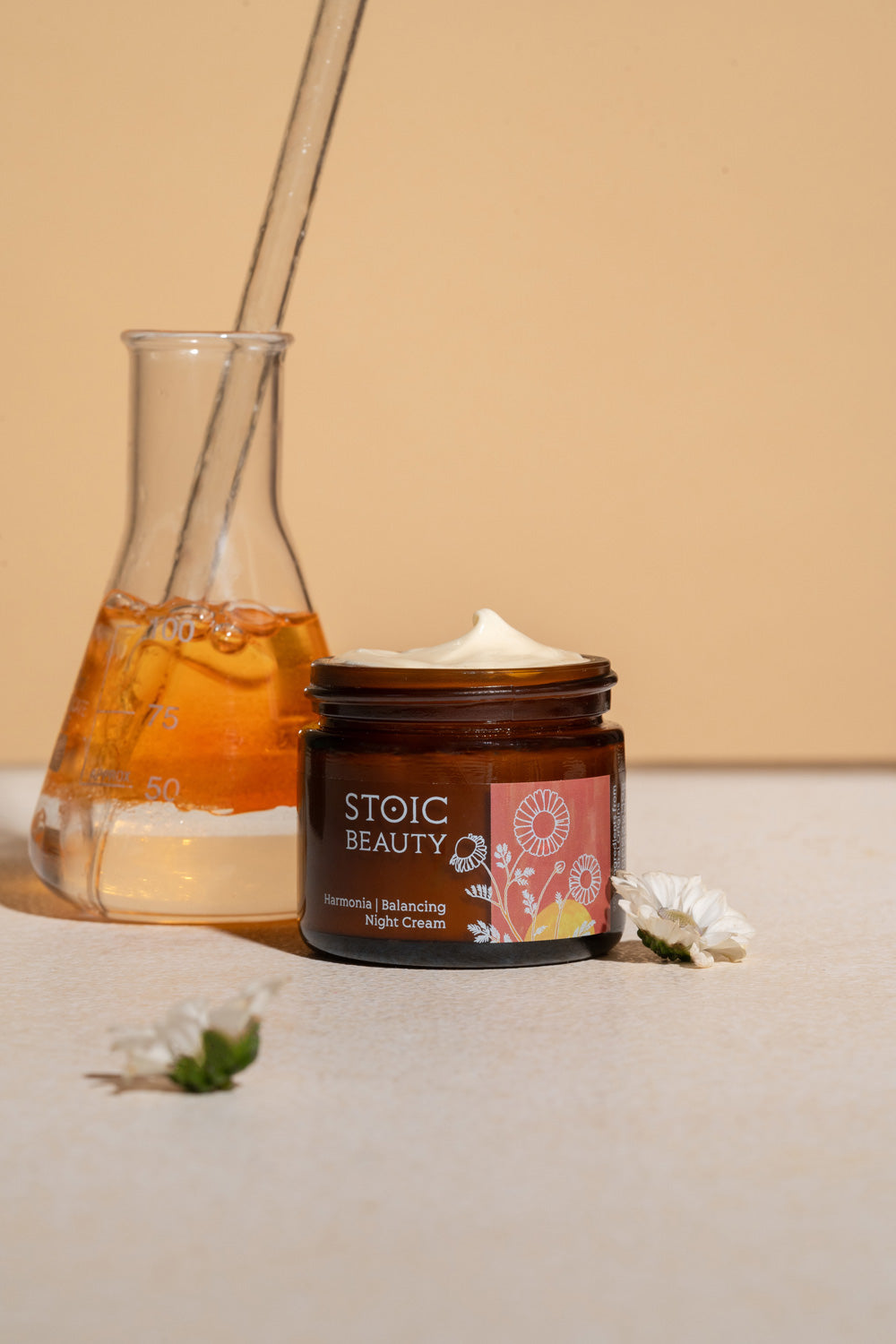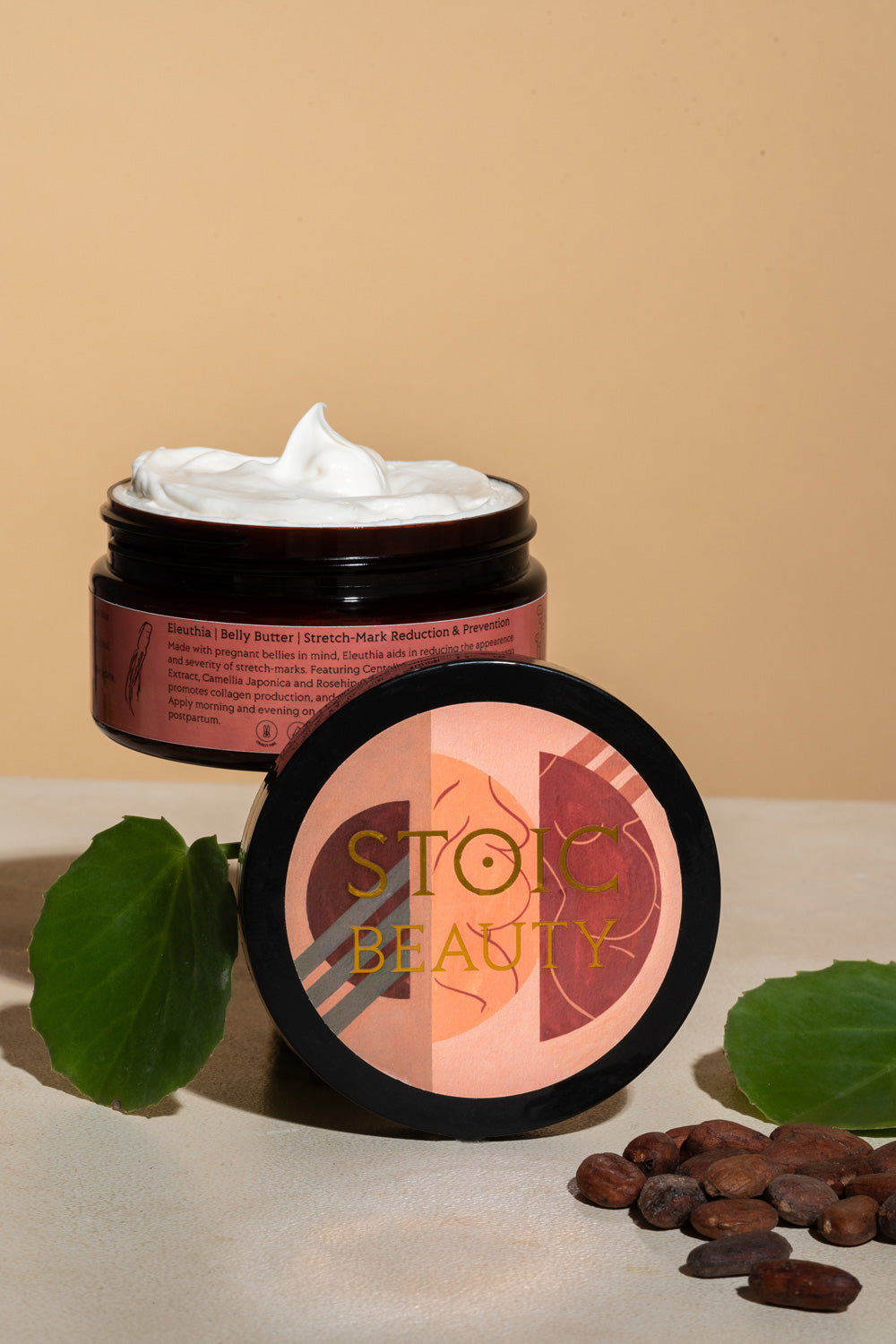
| Part 1 of a 5-part series exploring Traditional Chinese Medicine |
Understanding the Basics
Gua Sha (pronounced “gwah-sah” or “gwah-sha”) is an ancient technique used in China. It originated through the concept of using certain tools to massage specific parts of the body to help heal from various illnesses. Back in ancient times, Gua Sha can be used with any tool that is convenient to find such as a stone, a spoon, a coin, an animal bone, a buffalo horn, etc. Today, we often add a lubricant such as various different types of oil onto the skin before performing Gua Sha.
The techniques of Gua sha has been gaining popularity over the recent years, but before we get into gua sha. Let’s talk a bit about some basic theories of Chinese Medicine.
What is Qi?

If you’ve ever stepped into a Chinese Medicine clinic, you likely would’ve heard the word qi (pronounced “chi”) being used to describe some of the processes and functions within the body. But what exactly is qi? A basic understanding of qi is that it is energy. However, qi is more than just energy, qi is also a material substance. Essentially, everything in the universe is made of qi and qi can be manifested in many various ways. We can divide qi into many different types. The two major categories of qi include qi that is material, and qi that is non-material.
Between the Skin and Muscles – Cou Li

One type of qi that is important for our body’s health is the qi that protects the exterior parts of our body. This qi called wei qi (pronounced “way chi”). Wei qi is located in between the skin and muscle layer, this area is called the cou li (pronounced “cho lee”). Wei qi flows just under the skin and is considered to be controlled by the Lung organ. Wei qi helps to warm the body, and also protects the body from invasions of outside pathogens that can create disharmony. Wei qi also controls the opening and closing of the pores and allows sweat to be released. If the wei qi is weak, it is then unable to protect our body as well, this can cause our body to be easily attacked by outside pathogens or it can cause spontaneous sweating. Because of where it’s located, the wei qi can easily affect the health of the skin surface.
Gua Sha
One of the ways that we can “interact” with this wei qi is through the technique of gua sha. Gua means to scrape. Sha has a more extensive meaning which we will get to in a bit. Gua sha involves scraping the surface of the skin with a tool. Through this technique, it can help improve the flow of wei qi and blood circulation.
What is “sha”?
Through the use of certain gua sha tools and scraping techniques over the skin, a red or dark purple colour appears on this skin. The appearance of this coloration is known as “sha”. The appearance of sha allows the body to repair and regulate the circulation of qi and blood in the body. This sha allows the blood to circulate and remove stagnations, allowing the qi to flow within the meridians of the body and removing or releasing harmful substances within the body. Today, Gua sha can be used in pediatrics and facial care, and also used to prevent various health issues.
Tools for Gua Sha
The gua sha scraper is the main tool used for gua sha. It can be made of jade, stone, or water buffalo horn. As well, we often use a type of lubricant such as a moisturizer, vegetable oil, massage oil over the skin to reduce friction and create a smooth even scrape.
Gua sha can certainly have many benefits. However, it is not for everyone, as those with weaker constitutions may not be able to gain the benefits of gua sha. It is important to consult with a professionally trained and licensed acupuncturists on whether gua sha is suitable for you.
Explore Stoic Beauty's Gua Sha Tools
If you're ready to try your hand at incorporating gua sha into your wellness routine, shop now for Stoic Beauty's Gua Sha stone and Jade Roller. Ousia Massage Oil can be paired with either of these tools.
Medical disclaimer The information is for your general use, so be sure to talk to a qualified healthcare professional before making medical decisions or if you have questions about your health. The Content is not intended to be a substitute for professional medical advice, diagnosis, or treatment. The information should not be used in place of the advice of your physician or other qualified health care provider. Seek the advice of your physician or other qualified health provider with any questions you may have regarding a medical condition. Never disregard professional medical advice or delay in seeking it because of something you have read on this Website.
